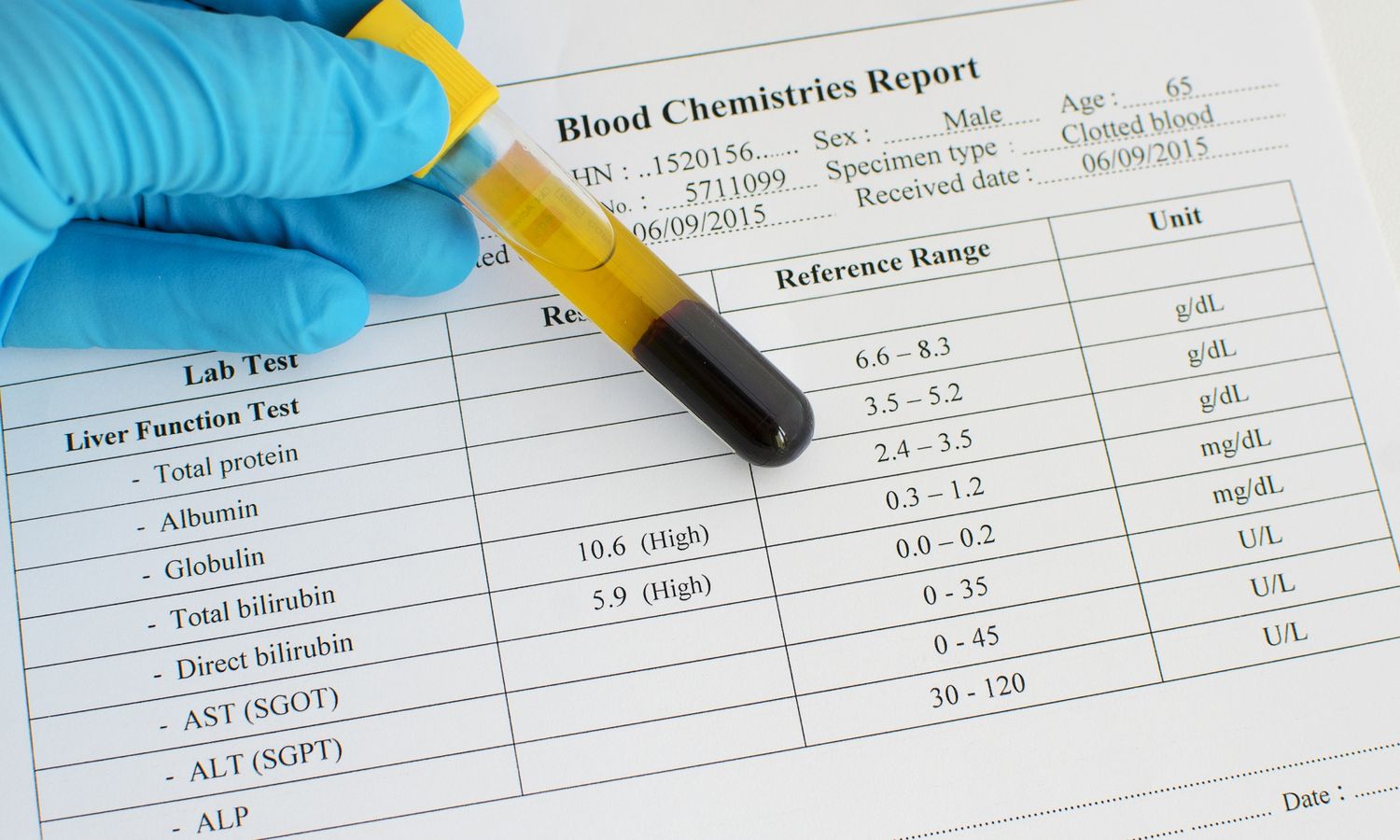
Glucose is a simple sugar that plays a crucial role in our bodies. Ever wondered why it's so important? Glucose is the primary source of energy for our cells, fueling everything from brain function to physical activity. Without it, our bodies would struggle to perform even the most basic tasks. But there's more to glucose than just being an energy source. It also helps in the synthesis of proteins and lipids, making it essential for growth and repair. Understanding glucose can help you make better dietary choices and manage your health more effectively. Ready to dive into 50 fascinating facts about this vital sugar? Let's get started!
Key Takeaways:
- Glucose is a vital energy source for our bodies, found in foods like fruits and honey. It's also used in medicine and sports for quick energy boosts and rehydration.
- Understanding glucose's role in our bodies and its historical significance can help us appreciate its impact on our health, everyday life, and scientific research.
What is Glucose?
Glucose is a simple sugar and an essential energy source for living organisms. It plays a crucial role in various biological processes. Here are some fascinating facts about glucose.
- Glucose is a monosaccharide, meaning it is a single sugar molecule.
- It is also known as dextrose in the food industry.
- The chemical formula for glucose is C6H12O6.
- Photosynthesis in plants produces glucose from carbon dioxide and water.
- Glycolysis is the process where glucose is broken down to produce energy.
Glucose in the Human Body
Glucose is vital for human health, serving as a primary energy source for cells. Let's explore how it functions within the body.
- The brain relies heavily on glucose for energy.
- Insulin helps regulate glucose levels in the blood.
- Hyperglycemia occurs when blood glucose levels are too high.
- Hypoglycemia is the condition of having low blood glucose levels.
- The liver stores glucose in the form of glycogen.
Glucose in Food
Many foods contain glucose, either naturally or as an added ingredient. Here are some interesting facts about glucose in our diet.
- Fruits like grapes and bananas are rich in glucose.
- Honey contains a significant amount of glucose.
- Table sugar (sucrose) is composed of glucose and fructose.
- Starches in foods like potatoes and bread break down into glucose.
- High-fructose corn syrup is a common sweetener that contains glucose.
Health Implications of Glucose
Maintaining balanced glucose levels is crucial for overall health. Here are some facts about the health implications of glucose.
- Diabetes is a condition where the body cannot properly regulate glucose.
- Type 1 diabetes is an autoimmune disorder affecting insulin production.
- Type 2 diabetes is often related to lifestyle factors and insulin resistance.
- Gestational diabetes occurs during pregnancy and affects glucose regulation.
- A1C tests measure average blood glucose levels over the past three months.
Glucose in Medicine
Glucose has various applications in the medical field. Here are some ways it is used.
- Intravenous (IV) glucose is used to treat hypoglycemia.
- Oral glucose tolerance tests help diagnose diabetes.
- Glucose meters allow individuals to monitor their blood sugar levels.
- Glucose tablets are used for quick energy boosts in diabetics.
- Glucose solutions are used in rehydration therapies.
Glucose in Sports
Athletes often rely on glucose for quick energy. Here are some facts about glucose in sports.
- Energy gels used by runners contain glucose.
- Sports drinks often include glucose to replenish energy.
- Carbo-loading before events helps increase glycogen stores.
- Post-workout snacks with glucose aid in recovery.
- Endurance athletes need steady glucose intake during long events.
Glucose in Science and Research
Glucose is a subject of extensive scientific research. Here are some interesting findings.
- Glucose sensors are being developed for continuous monitoring.
- Artificial pancreas systems use glucose monitoring to regulate insulin.
- Cancer cells often consume more glucose than normal cells.
- PET scans use radioactive glucose to detect tumors.
- Glucose metabolism studies help understand various diseases.
Fun Facts about Glucose
Glucose has some quirky and lesser-known aspects. Here are a few fun facts.
- Glucose can be fermented to produce alcohol.
- Gummy bears are made with glucose syrup.
- Cotton candy is spun from sugar, which includes glucose.
- Glucose is used in some skincare products for its moisturizing properties.
- Glucose is a building block for many carbohydrates.
Historical Facts about Glucose
The history of glucose is rich with discoveries and advancements. Here are some historical facts.
- Glucose was first isolated in 1747 by Andreas Marggraf.
- The term "glucose" comes from the Greek word "glykys," meaning sweet.
- Claude Bernard discovered the role of the liver in glucose metabolism in the 19th century.
- Frederick Banting and Charles Best discovered insulin in 1921, revolutionizing diabetes treatment.
- Glucose testing has evolved from urine tests to advanced blood glucose monitors.
Glucose in Everyday Life
Glucose impacts our daily lives in various ways. Here are some everyday facts about glucose.
- Baking often involves glucose syrup for sweetness and texture.
- Soft drinks frequently contain glucose as a sweetener.
- Processed foods may have added glucose for flavor enhancement.
- Glucose is used in brewing beer and other alcoholic beverages.
- Candy production often relies on glucose for consistency and taste.
Final Glimpse at Glucose
Glucose, a simple sugar, plays a vital role in our bodies. It fuels our cells, supports brain function, and keeps energy levels stable. Without it, our bodies would struggle to perform basic tasks.
Understanding glucose helps us make better dietary choices. Foods like fruits, vegetables, and whole grains provide a steady supply. On the flip side, too much sugar can lead to health issues like diabetes and obesity.
Knowing these facts empowers us to manage our health better. Monitoring glucose levels, especially for those with diabetes, is crucial. It’s not just about cutting out sweets but finding a balance.
Incorporating this knowledge into daily life can lead to better health outcomes. So, next time you grab a snack, think about how it affects your glucose levels. Small changes can make a big difference.
Frequently Asked Questions
Was this page helpful?
Our commitment to delivering trustworthy and engaging content is at the heart of what we do. Each fact on our site is contributed by real users like you, bringing a wealth of diverse insights and information. To ensure the highest standards of accuracy and reliability, our dedicated editors meticulously review each submission. This process guarantees that the facts we share are not only fascinating but also credible. Trust in our commitment to quality and authenticity as you explore and learn with us.


